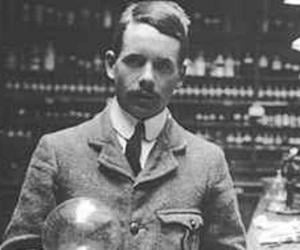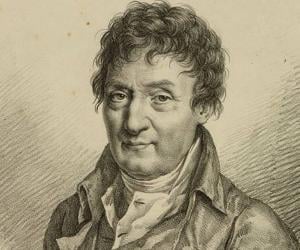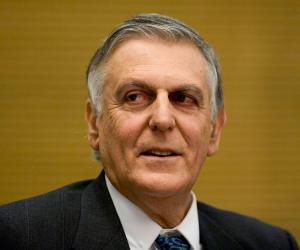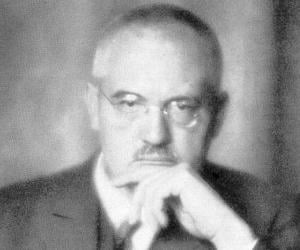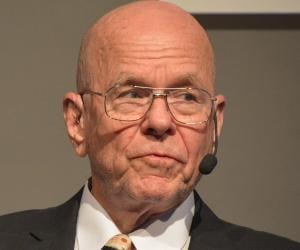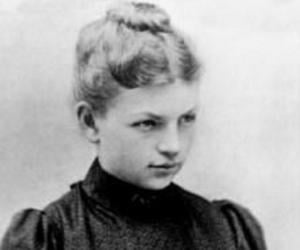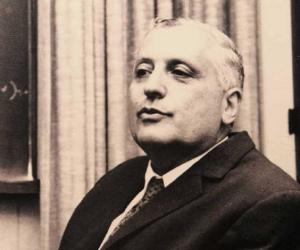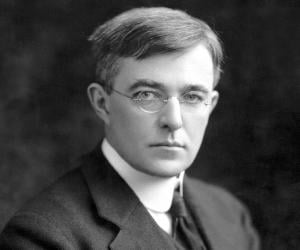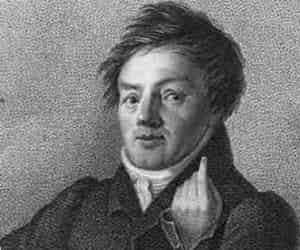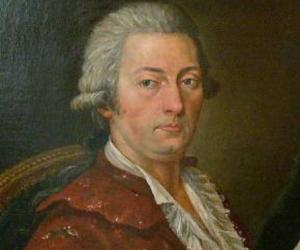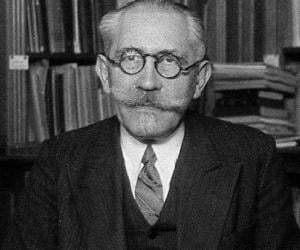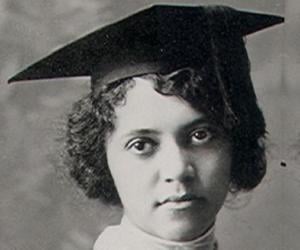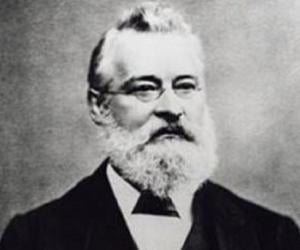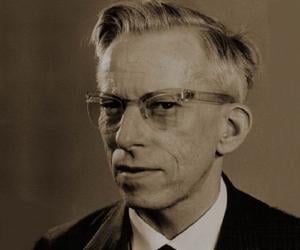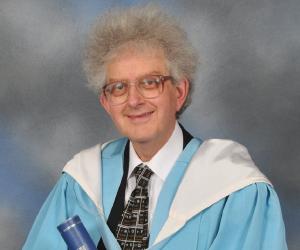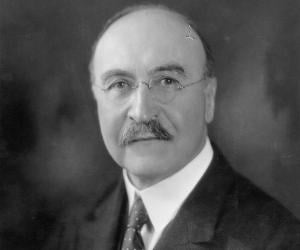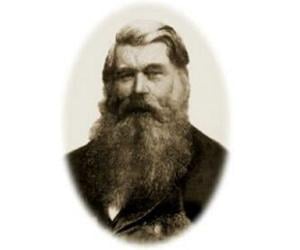Quick Facts
British Celebrities Born In November
Also Known As: H. G. J. Moseley, Henry Gwyn Jeffreys Moseley
Died At Age: 27
Family:
father: Henry Nottidge Moseley
mother: Anabel Gwyn Jeffreys Moseley
Born Country: England
Chemists Physicists
Died on: August 10, 1915
place of death: Gallipoli Peninsula, Turkey
More Facts
education: Trinity College, Oxford, Eton College, University of Oxford, University of Manchester
Childhood & Early Life
Henry Gwyn Jeffreys Moseley was born on November 23, 1887 in the town of Weymouth, Dorsey to Henry Nottidge Moseley and Amabel Moseley. Moseley’s father was a well-known biologist at the ‘University of Oxford’ while his maternal grandfather, John Gwyn Jeffreys, was a biologist as well.
Henry Moseley belonged to a family of scientists and showed remarkable gifts as a child during his days at the ‘Summer Fields School’. Due to his excellent grades he won a place at the iconic ‘Eton College’. He was one of the brightest students at Eton and in 1906 he was bestowed with prizes in physics and chemistry.
In 1906, Moseley won a place at the ‘University of Oxford’ to study physics at ‘Trinity College’, which is regarded as one of the best colleges at the world famous university.
Career
In the year 1910, he joined ‘Manchester University’ and worked as a graduate teacher at the institute, in his very first year, under the venerable Sir Ernest Rutherford. Although he was offered the job of a research assistant; he declined it as he had planned on returning to Oxford three years later.
It was in 1913 that Moseley first devised the concepts that would go on to become the famous Moseley’s Law. He used X-ray spectroscopy in order to measure the wavelength of an x-ray and then derived a relation of those with atomic numbers of an element.
In the year 1913, Henry Moseley decided to return to his alma mater the ‘University of Oxford’ in order to work as a research scholar. However, in this regard it is important to point out that Oxford did not offer him any stipend but gave him access to a modern laboratory.
During Moseley’s time, Mendeleev’s Periodic Table was regarded as the authoritative source of information on elements and atomic numbers; however in the year 1914 he successfully demonstrated that there was a gap. Moseley published all of those findings in his famous paper.
Moseley’s planned return to Oxford did not materialise since the First World War broke out and he decided to contribute to the war effort by enlisting in the British Army. He was employed in the technical department of the Army and worked in communications.
Major Works
Henry Moseley’s most important work in his short career was the proposition and acceptance of ‘Moseley’s Law’ that proved that the charge inside the nucleus of an atom is actually the equivalent of the atomic number of the element in question. Many scientists of the time believed that he would win the Nobel Prize one day for his discovery.
Personal Life & Legacy
Henry Moseley decided to contribute to the war effort and joined the British Army during the First World War; however he was killed in combat on August 10, 1915. He was only 27 years old at the time. He had never married.
In the year 1919, Henry Moseley was awarded the ‘Matteucci Medal’, named after the Italian physicist of the same name and adjudicated by the ‘Italian Society of Sciences’. He won the award posthumously for his contribution to physics and chemistry
Facts About Henry Moseley
Henry Moseley was known to have a great sense of humor and was often described as charming and witty by his colleagues and friends.
Moseley had a passion for outdoor activities, particularly hiking and camping. He would often spend his free time exploring the English countryside.
Despite his groundbreaking work in physics, Moseley was also a talented musician and enjoyed playing the piano in his spare time.
Moseley was known for his impeccable fashion sense and was often seen wearing stylish suits and accessories, making him a bit of a trendsetter among his peers.
In addition to his scientific pursuits, Moseley was also a skilled linguist and could speak multiple languages fluently, including French and German.


